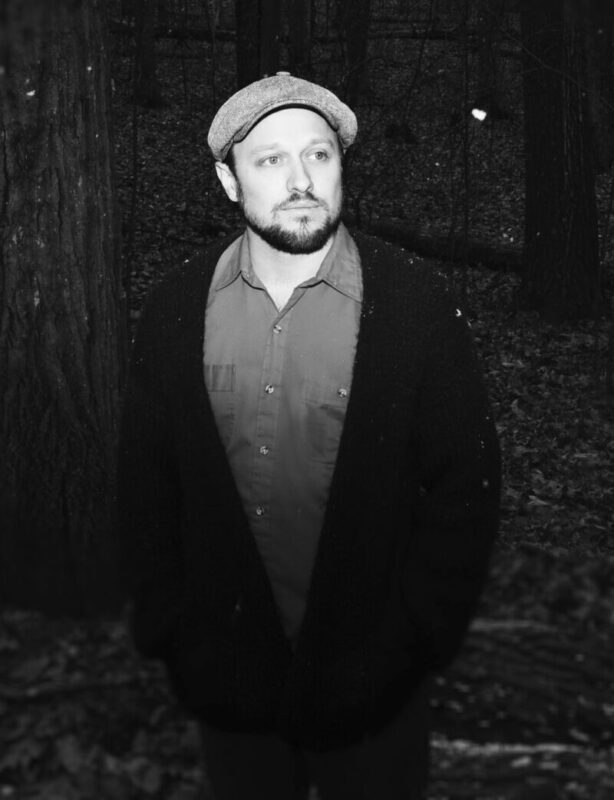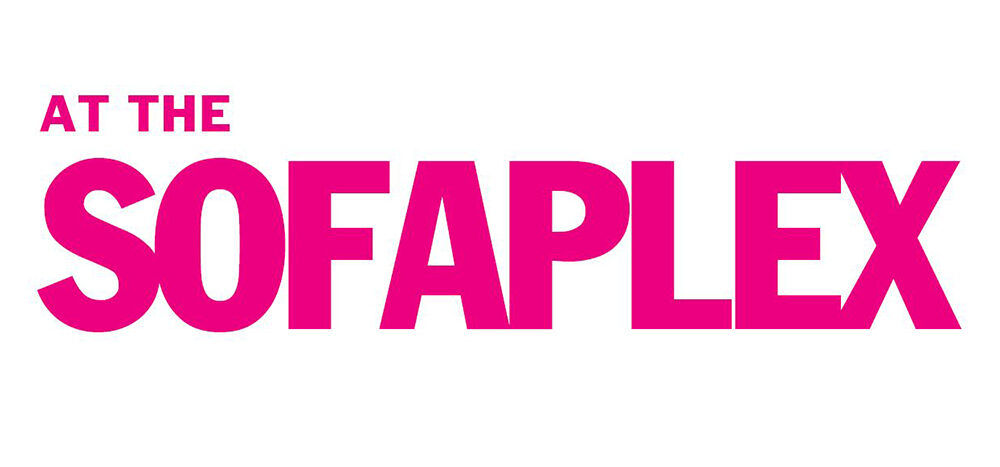| Covid-19 update | As of March 8 | As of March 15 |
|---|---|---|
| Total cases statewide | 77,060 | 78,813 |
| Total current infections statewide | 2,036 | 2,064 |
| Total deaths statewide | 1,184 | 1,199 |
| New cases | 1,472 (March 2 to March 8) | 1,753 (March 9 to March 15) |
| Current infections: Hillsborough County | 581 | 640 |
| Current infections: Merrimack County | 163 | 211 |
| Current infections: Rockingham County | 470 | 509 |
Covid-19 news
During the state’s weekly public health update on March 11, state epidemiologist Dr. Benjamin Chan reported that there continue to be about 200 to 250 new infections of Covid-19 on average per day in New Hampshire, numbers that have been “relatively stable over the last couple of weeks.” Hospitalizations and deaths from the virus, meanwhile, are still trending downward. “We’re seeing the number of people dying from Covid-19 in long-term care facilities continue to decrease, as we roll out vaccines to those settings, and as we have a higher proportion of our long-term care facility residents vaccinated,” Chan said.
Dr. Beth Daly, Chief of the Bureau of Infectious Disease Control of the New Hampshire Department of Health & Human Services, said later during the same March 11 press conference that 10 percent of the state’s population (about 132,000 people) have now been fully vaccinated. Phase 2A of the state’s vaccine administration plan, which includes K through 12 teachers, school staff and child care workers, began March 12. “Our regional public health networks have scheduled 39 regional clinics through the end of the month, with plans to vaccine 17,000 school, child care and youth camp staff,” Daly said. “Phase 2A people who are not invited to one of these regional clinics will be able to register to get vaccinated at a state- or hospital-run site beginning March 17 on vaccines.nh.gov.” She went on to say that registration for Phase 2B, which includes people between the ages of 50 and 64, will open on March 22.
Gov. Chris Sununu also announced that, effective immediately, restrictions and guidelines for several sectors in New Hampshire are being relaxed, including quarantining requirements for all out-of-state travel. “We still recommend folks to quarantine … but it is no longer a requirement going forward,” he said. “Likewise, residents from outside of New England no longer have to quarantine prior to arrival in New Hampshire. … This change applies only to domestic travel, not to international travel.” Capacity at retail stores has also returned to 100 percent, and barbershops and salons are now allowed to have walk-in customers without reservations. Restaurants and bars are also now allowed to resume karaoke, pool, darts and other games, as well as small live bands of three members or less.
Applications for the state’s emergency rental assistance program opened on March 15, according to a press release. The program, which was established through the Governor’s Office for Emergency Relief and Recovery, is providing financial aid to Granite Staters who have experienced difficulty paying their rent, utilities and heating costs due to the pandemic. To be eligible, at least one person per household must qualify for unemployment benefits, have had their income reduced or have had some other financial hardship due to the pandemic. The household must be at risk for homelessness, be paying more than 30 percent of its income for rent and utilities, or be in an unsafe or unhealthy environment. Payments are processed through the state’s five regional Community Action Partnership agencies. Visit capnh.com to submit an application.
Details of Sununu’s emergency and executive orders, as well as the state’s reopening guidance documents, can be found at governor.nh.gov.
Political climate
According to a March poll by the Saint Anselm College Survey Center at the New Hampshire Institute of Politics, President Joe Biden’s job approval among registered New Hampshire voters has narrowed since February. In the February poll, 53 percent of respondents said they “approve” and 45 percent said “disapprove.” In March that narrowed to 50 percent and 49 percent, respectively. The poll also showed that Democrats hold a 48-40 percent advantage on the generic congressional ballot. New Hampshire’s senators’ job approval numbers have slipped in the last month: Sen. Jeanne Shaheen’s approval-disapproval margin is now 51-43 percent, down from 54-38 percent, and Sen. Maggie Hassan has gone down to 47-44 percent from February’s 49-40 percent. Meanwhile, Congressman Chris Pappas and Congresswoman Annie Kuster both saw slight improvements in their approval ratings. “While Democrats still enjoy a numerical advantage among voters, the independent nature of our state tends to be suspicious of a unified federal government, and this may be contributing to the relatively short duration of President Biden’s honeymoon period,” New Hampshire Institute of Politics Executive Director Neil Levesque said in a press release. The survey also looked at a hypothetical matchup between Hassan and Gov. Chris Sununu, with Sununu being the preferred candidate by a margin of 47 to 41 percent. Sununu’s job approval has fallen somewhat since the last poll but still sits at 67-31 percent, with approval from virtually every demographic group, but Hassan would benefit from her party’s strength, according to the press release. “This sets the stage for what may become one of the most closely watched races in the nation this cycle as Gov. Chris Sununu has signaled the possibility of challenging incumbent Sen. Maggie Hassan,” Levesque said in the release.
Access to CTE
The New Hampshire Department of Education has released a report called “Increasing Equitable Access to Career and Technical Education,” a comprehensive review of the state’s career and tech ed programs, as part of an ongoing effort to make those programs more accessible to students, according to a press release. The programs give students hands-on learning experience in high-demand employment fields and can be used to earn college credit, and the report outlines some of the current barriers that might be preventing students from taking advantage of CTE programs. For example, 71 percent of students enrolled in programs have a CTE center co-located in their high school, while 29 percent but must be provided transportation to participate. According to the press release, the report suggests ideas to help overcome this accessibility concern, including better coordination of scheduling and transportation, as well as calendars, between districts. “This research confirmed many of the important issues CTE leaders and other educators have been aware of for many years,” Eric Frauwirth, director of the Bureau of Career Development, said in the release. “Now we have a set of strategies to explore, and will continue to engage with stakeholders and local communities to determine the best options for the students and families they serve.”
Wildlife funding
The New Hampshire delegation announced last week that the Granite State will get more than $8.75 million through the U.S. Fish and Wildlife Service to support the state’s wildlife and sport fish restoration and vulnerable species conservation. According to the announcement from U.S. Sens. Jeanne Shaheen and Maggie Hassan and Reps. Annie Kuster and Chris Pappas, the funding will help state wildlife agencies pursue conservation projects and programs like hunting and fishing education, fish and wildlife management, scientific research, and habitat restoration and protection. “New Hampshire is home to some of the most beautiful land in the country, and we have a responsibility to protect it,” Kuster said in the release.
On March 15, work began on Route 13 at Exit 2 off Interstate 89 in Concord, part of a project that includes painting structural steel on six bridges on and above I-89 between Exit 2 and Exit 5 in Concord and Hopkinton. According to a press release, the work will be done during the day and evening, and once the Concord bridge is complete, painting on the next bridge will begin, with work progressing north until the final bridge in Hopkinton is completed. The project is expected to be completed in December, the release said.
The Manchester Police Department has announced that it has a new training program for all sworn officers, stemming from Gov. John Sununu’s recent executive order calling for law enforcement reforms. According to a press release, the 40-hour week of training includes topics like use of force, implicit bias, cultural responsiveness and ethics.
On March 12, crews removed sections of the three waterslides at Cascade Waterslide at Hampton Beach, according to a report from NHPR. The landmark has been there for more than 35 years, the report said, and there is no word on what might take its place.
Boston Billiard Club & Casino in Nashua announced in a press release that it is the exclusive spot in the region where people can play 21STUD, a new two-card blackjack game that was created and recently patented by New Hampshire-based game designer Brandon Zyxnfryx of ZFX Gaming, also in Nashua.






